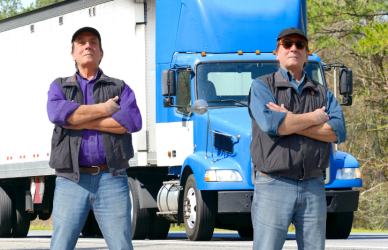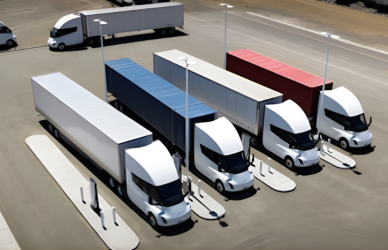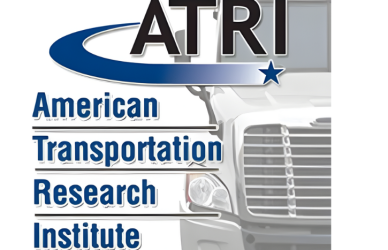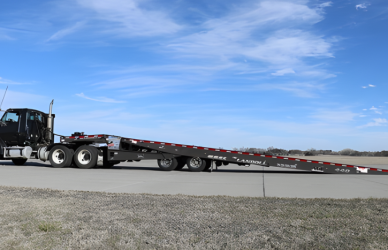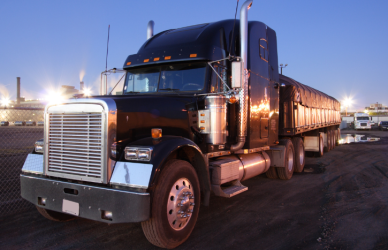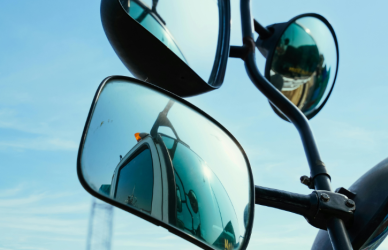The debate over self-driving cars and their safety has caught the attention of Congress. New legislation is set to be considered by the U.S. House Energy and Commerce Committee, aiming to increase the number of autonomous vehicles exempt from federal safety standards that require human drivers.
The proposed bills, sponsored by Rep. Bob Latta (R-Ohio) and Rep. Debbie Dingell (D-Mich.), seek to raise the production limit of self-driving cars for testing and eventual sale. Latta’s bill would allow for 100,000 vehicles within four years, while Dingell’s bill proposes an increase to 80,000 over an eight-year period.
Currently, automakers can only produce 2,500 self-driving cars for testing. Advocates of the new legislation argue that without an increase, the U.S. risks falling behind China in the development of this cutting-edge technology. Automakers have been urging Congress for years to expand their testing capabilities and market potential for self-driving cars.
“If U.S. policymakers do not support the development, commercialization and acceptance of automated vehicle technologies, our nation risks becoming dependent on foreign sources in a future defined by others,” John Bozzella, CEO of the Alliance for Automotive Innovation, wrote in testimony submitted to the committee for the hearing.
Bozzella’s trade association represents leading automotive companies like Ford, Stellantis, Honda, and Toyota. Dingell expressed that politicians from all backgrounds are optimistic that this hearing will ignite a conversation about autonomous driving laws at the federal level, which has been stagnant for a long time.
“Everybody wants a bipartisan bill,” she said in an interview. “We want to know what stakeholders like, what they don’t, what they wanted struck.”
Efforts to pass legislation for self-driving cars have been mired in arguments about who is at fault or who can be sued in the event of an accident involving an autonomous vehicle. Safety organizations in Washington believe that these concerns have not yet been resolved.
“Any legislation should not erode current federal safety standards, should not allow for tens of thousands of AVs to be exempt from safety regulations, should not restrict states and localities from taking action to protect their residents and visitors, and should not allow AV manufacturers to deploy and sell their vehicles without needed oversight and accountability,” Cathy Chase, president of Advocates for Highway and Auto Safety, said during a virtual press conference on July 25.
Congress should prioritize addressing liability issues before advancing the new proposals related to self-driving cars, according to Peter Knudsen, director of communications for the American Association for Justice. Knudsen, representing an organization that opposes protecting car manufacturers from lawsuits stemming from self-driving accidents, emphasizes the need for clarity on liability in this emerging technology.
“In addition to strong safety measures, legislation must define who the driver is and ban the use of forced arbitration,” Knudsen wrote in an email. “We must ensure safety and accountability are at the forefront as this immature technology continues to evolve and proliferate.”
Source: Transport Topics



